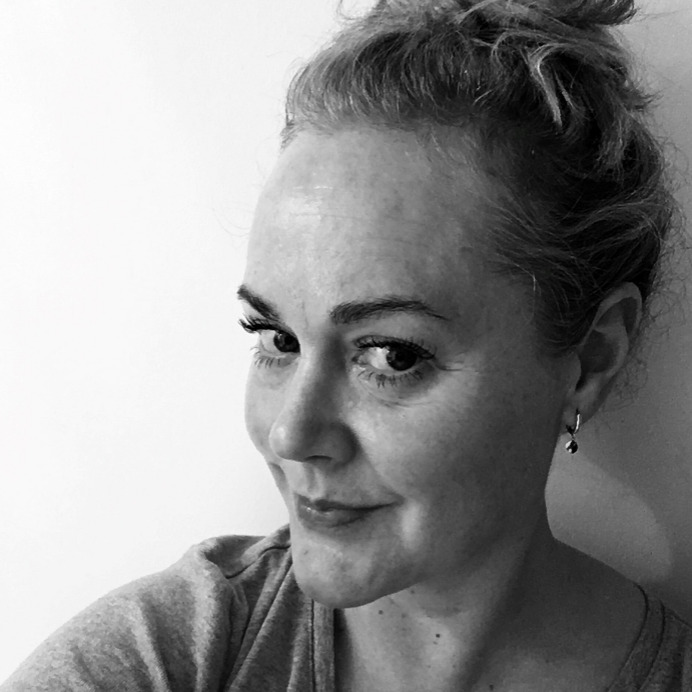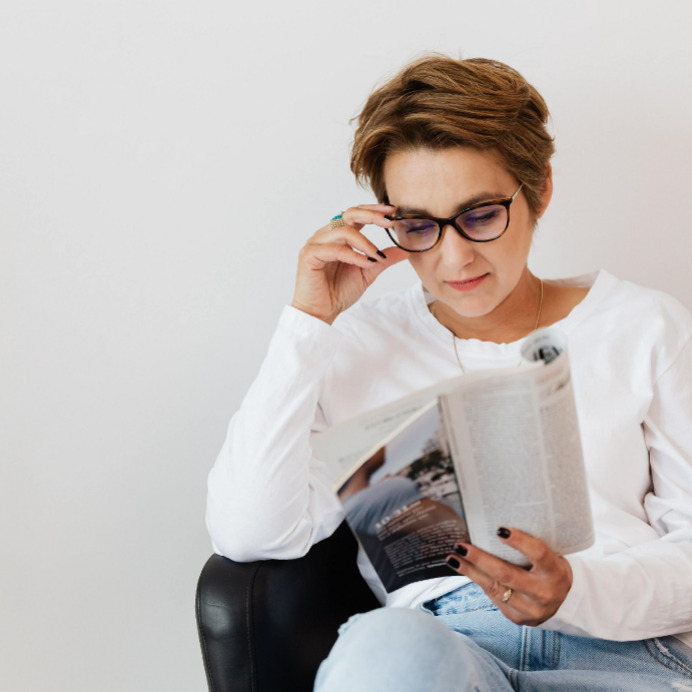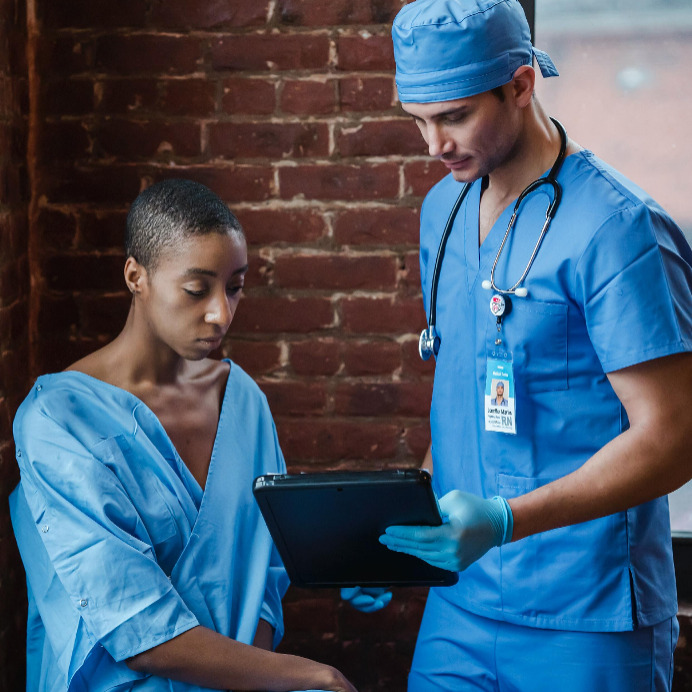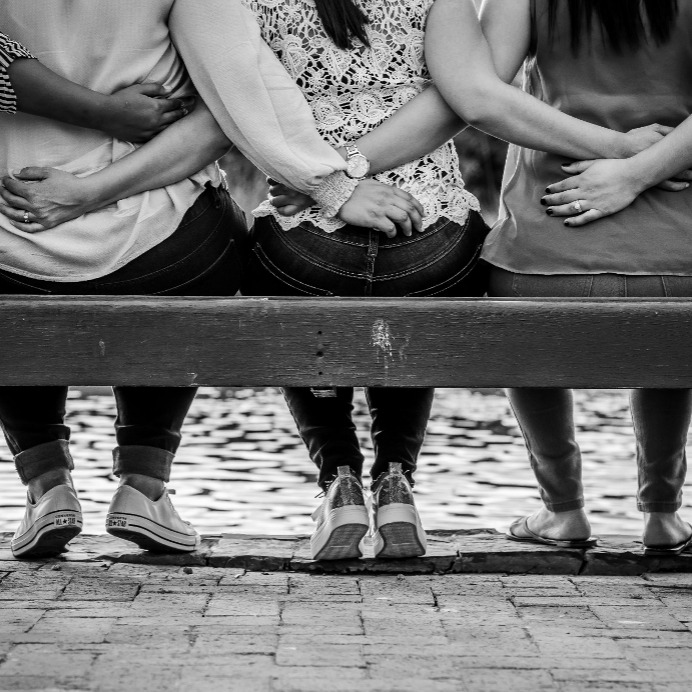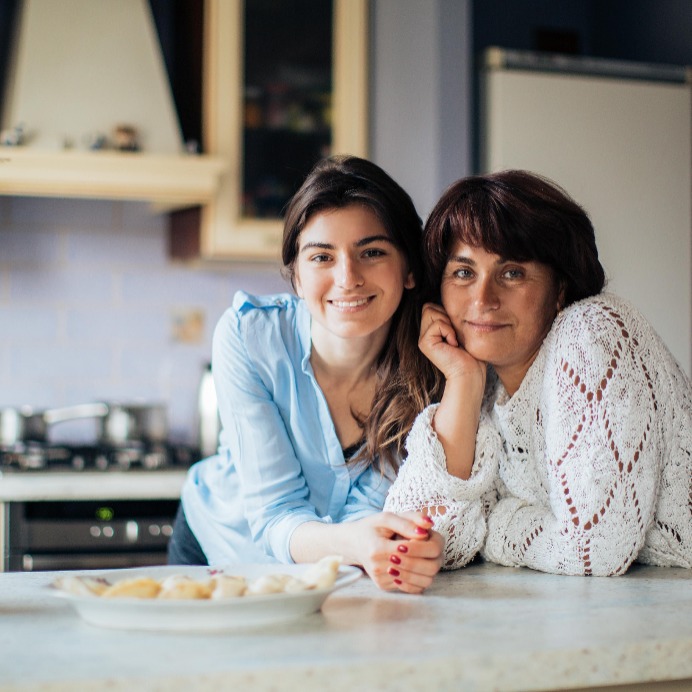By continuing to use our site, you consent to the processing of cookies, user data (location information, type and version of the OS, the type and version of the browser, the type of device and the resolution of its screen, the source of where the user came from, from which site or for what advertisement, language OS and Browser, which pages are opened and to which buttons the user presses, ip-address) for the purpose of site functioning, retargeting and statistical surveys and reviews. If you do not want your data to be processed, please leave the site.
The Voice of People With Breast Cancer
Education
Our Voices Blog
Being Diagnosed with Breast Cancer During a Pandemic
My name is Katharina and I was diagnosed with stage 2a breast cancer in March 2020 just when the pandemic was starting. I was 25 years old at the time. I had to go through testing and treatment alone without any support person by my side.
Feeling the Fear and Releasing It
Do you ever think that you have another tumour? I don’t mean a recurrence with a breast cancer lesion, but a secondary cancer. And if you do, do these dark thoughts catch you by surprise in random pockets of moments, like when you feel an ache in your shoulder, or a knotted muscle along your spine, or when you take a deep breath and experience a sharpness of pain before you fully exhale? When this happens, do you immediately think, “fuck, I have a tumour,” and then have to talk yourself down from this mental, paranoid ledge? I do.
Questions and Experts Session Guide: A Surgical Oncologist Answers Questions about Breast Cancer Surgery
In today’s post, we provide the questions that were sent in and asked during the live session of our Questions and Experts session held in May 2021. In this session, Dr. Mark Basik, MD, FRCPC, a Medical Oncologist, answered questions about breast cancer surgery. In the parentheses, you’ll find the timestamp of where to find the question in the on-demand video.
Reading Research: 4 Things to Pay Attention to When Reading Breast Cancer Journal Articles
Breast cancer research continues to show promising results and advances in the detection and treatment of the disease. More and more, work is being done in this area and studies provide hope to those diagnosed and living with breast cancer. With article headings boasting about new, better, and less invasive ways to treat breast cancer, it is important to understand the actual findings of the study and not get caught up in exciting headlines and summaries. In other cases, you may come across the results of a study from a news article or elsewhere online.
Considerations for Nipple Sparing Mastectomy
Nipple Sparing Mastectomy (NSM) is a surgery performed on individuals removing their breast due to breast cancer or as a risk reduction method to prevent breast cancer. During this procedure, a small cut is made in the breast and the entire breast glandular tissue is removed from underneath the skin and nipple, leaving them intact. Breast reconstruction, using either an implant or natural tissue, is then performed at the same time. NSM is a procedure that attempts to balance the preservation of the breast area with an effective and successful breast cancer treatment.
Questions and Experts Session Guide: A Medical Oncologist Answers Questions about HR-Positive Breast Cancer
In today’s post, we provide the questions that were sent in and asked during the live session of our Questions and Experts session held in April 2021. In this session, Dr. Sandeep Sehdev, MD, FRCPC, a Medical Oncologist, answered questions about HR-positive breast cancer. In the parentheses, you’ll find the timestamp of where to find the question in the on-demand video.
You Get to Choose the Love You Surround Yourself With
I lost my cat, Trixie-Belle. She died from a squamous cell carcinoma, an aggressive type of mouth cancer, one week before the winter holidays last year. There was nothing my veterinarian could do to save her. She simply woke up one morning with a spot on the roof of her mouth and then, after performing every possible examination and a round of drugs, she was gone.
CBCN's Digital Storytelling and Advocacy Toolkit: Using Personal Storytelling for Advocacy
While there have been many advances made in the diagnosing, treatment and management of breast cancer, individuals diagnosed with or living with breast cancer still face issues that are not yet being addressed by the organizations and government bodies that serve them. In addition to this, the public is generally not aware of the day-to-day impacts of a breast cancer diagnosis on individuals and their families.
Questions and Experts Session Guide: A Medical Oncologist Answers Questions about HER2-Positive Breast Cancer
In today’s post, we provide the questions that were sent in and asked during the live session of our Questions and Experts session held in April 2021. In this session, Dr. Karen Gelmon, MD, FRCPC, a Medical Oncologist, answered questions about HER2-positive breast cancer. In the parentheses, you’ll find the timestamp of where to find the question in the on-demand video.
Genetic Counselling Q&A
A genetic counsellor is a health care professional with specialized education, training, and experience in medical genetics and counselling. Genetic counsellors work with both individuals and families that have a medical, family history, or potential risk for an inherited condition. The role of a genetic counsellor is to identify families at risk for genetic conditions, provide information and supportive counselling, coordinate and review testing options, and connect patients/families with appropriate community resources.


